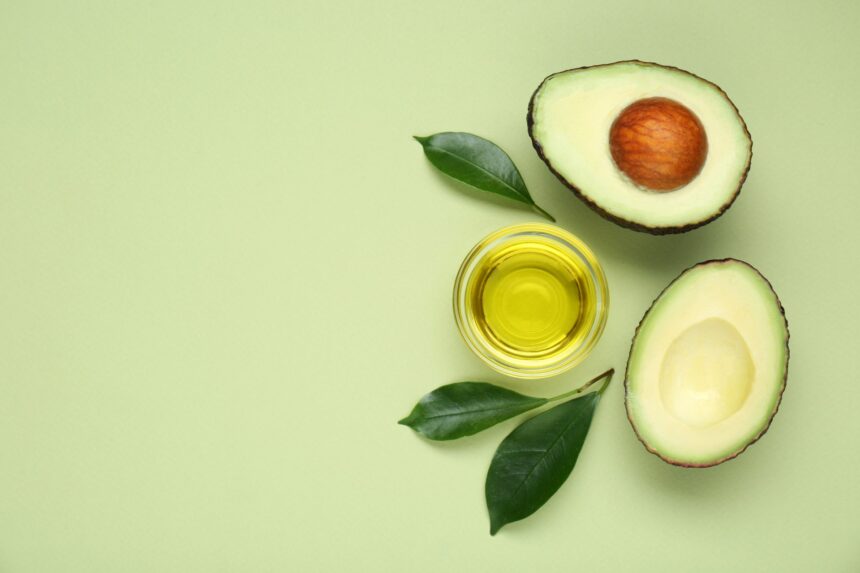Avocado oil, celebrated for its health benefits and mild flavor, is increasingly popular among health-conscious consumers. However, a recent study by the University of California at Davis reveals troubling issues of adulteration and mislabeling within the industry, affecting some of the largest retailers including Walmart, Sam’s Club, Kroger, and Safeway.
Source: Thomas DeLauer/YouTube
Researchers tested 36 bottles of store-brand avocado oil purchased across the United States and Canada. The results were alarming: nearly two-thirds were found to be adulterated, with some containing cheaper seed and vegetable oils that could pose risks to those with food sensitivities. This investigation highlights a significant discrepancy between product labeling and actual content, raising concerns about consumer deception.
Retailers implicated in the study have largely refrained from commenting. This lack of response raises questions about the transparency and accountability in the supply chain of high-value edible oils. The study indicates that low-priced avocado oils are more likely to be compromised, suggesting that price could be a tell-tale sign of adulteration.
The process of refining avocado oil often involves using lower-quality, over-ripe, or even rotten avocados. This refined oil is then treated through methods like bleaching and deodorizing, stripping away many of the natural qualities that make unrefined oils like virgin and extra virgin avocado oil desirable. In contrast, unrefined oils are typically made from higher-quality avocados and maintain their natural properties and health benefits.
The implications of these findings are significant. Not only do they mislead consumers, but they also pose health risks, particularly to those with allergies to the substitute oils used. The Food and Drug Administration (FDA) has acknowledged the potential for economically motivated adulteration in high-value oils like avocado oil. However, specific measures to combat this issue remain limited.
As the demand for avocado oil grows, driven by its purported health benefits, the need for stringent testing and verification processes becomes more apparent. Retailers and suppliers must take responsibility to ensure that what is on the label accurately reflects what is in the bottle. This study serves as a crucial reminder of the ongoing challenges within the edible oils market, emphasizing the need for improved standards and oversight to protect consumers and maintain trust in these products.
Latest Petitions to Sign:
Related Content:
Easy Ways to Help the Planet:
- Eat Less Meat: Download Food Monster, the largest plant-based Recipe app on the App Store, to help reduce your environmental footprint, save animals and get healthy. You can also buy a hard or soft copy of our favorite vegan cookbooks.
- Adopt-a-Pet: Visit WildWatchers, a watchdog platform specifically designed for animal, earth, and wildlife warriors to actively give back, rescue, and protect animals and the planet.
- Reduce Your Fast Fashion Footprint: Take initiative by standing up against fast fashion Pollution and supporting sustainable and circular brands like Tiny Rescue that raise awareness around important issues through recycled zero-waste clothing designed to be returned and remade over and over again.
- Support Independent Media: Being publicly funded gives us a greater chance to continue providing you with high-quality content. Please consider supporting us by donating!
- Sign a Petition: Your voice matters! Help turn petitions into victories by signing the latest list of must-sign petitions to help people, animals, and the planet.
- Stay Informed: Keep up with the latest news and important stories involving animals, the environment, sustainable living, food, health, and human interest topics by subscribing to our newsletter!
- Do What You Can: Reduce waste, plant trees, eat local, travel responsibly, reuse stuff, say no to single-use plastics, recycle, vote smart, switch to cold water laundry, divest from fossil fuels, save water, shop wisely, Donate if you can, grow your food, volunteer, conserve energy, compost, and don’t forget about the microplastics and microbeads lurking in common household and personal care products!









